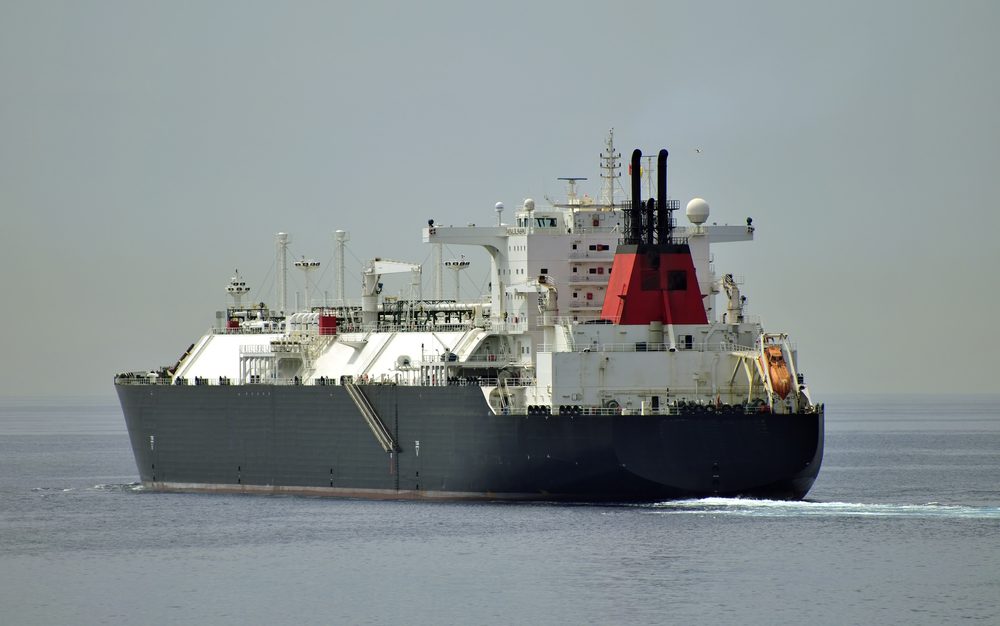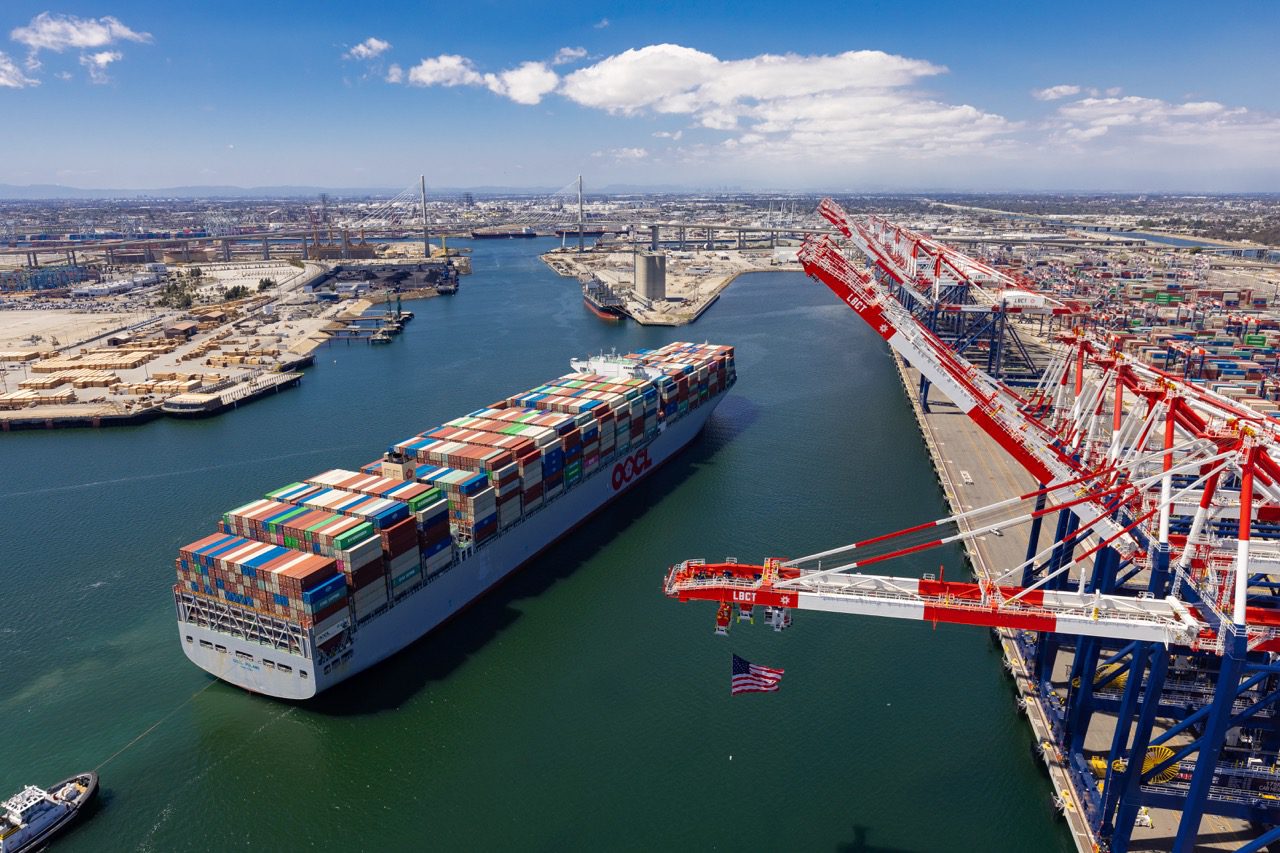Finnish technology group Wärtsilä has joined forces with Chevron Shipping Company to convert engines on six of Chevron Transport Corporation’s LNG Carriers.
The initiative aims to significantly reduce greenhouse gas emissions by lowering methane slip, supporting Chevron Shipping’s efforts to decrease the carbon intensity of its operations.
The project involves converting one engine on each carrier from dual-fuel (DF) to spark gas (SG) operation. The conversion is designed to optimize the combustion process, thereby reducing methane slip and improving efficiency. The first order for two vessels was placed with Wärtsilä in Q3 2024.
“Chevron Shipping aims to reduce methane emissions intensity of our LNG fleet in support of a lower carbon future,” said Barbara Pickering, President of Chevron Shipping. “We are pleased to collaborate with Wärtsilä in this industry first. This demonstrates steps we are taking to reduce the carbon intensity of marine transportation.”
Methane slip, which occurs when small amounts of methane escape into the atmosphere during LNG combustion, is a significant concern for the shipping industry. Methane traps approximately 25-30 times more heat than CO? over a 100-year period, making its reduction crucial for lowering carbon intensity.
Roger Holm, President of Wärtsilä Marine & Executive Vice President at Wärtsilä Corporation, highlighted the significance of this project: “This innovative project represents a notable step forward on the road to advancing lower carbon fleets. Wärtsilä has an extensive track-record in reducing methane slip from LNG-fuelled engines, not only as newbuild solutions, but also through retrofitting existing installations.”
Wärtsilä’s new technology adds to its solutions for reducing vessel methane emissions. With decades of LNG expertise, the company offers top performance in both dual-fuel and single-fuel engines.
As the maritime industry seeks ways to reduce its environmental impact, the success of this project could pave the way for wider adoption of similar technologies across the global shipping fleet, potentially leading to significant reductions in methane emissions and overall carbon intensity in the maritime sector.

 Join The Club
Join The Club











